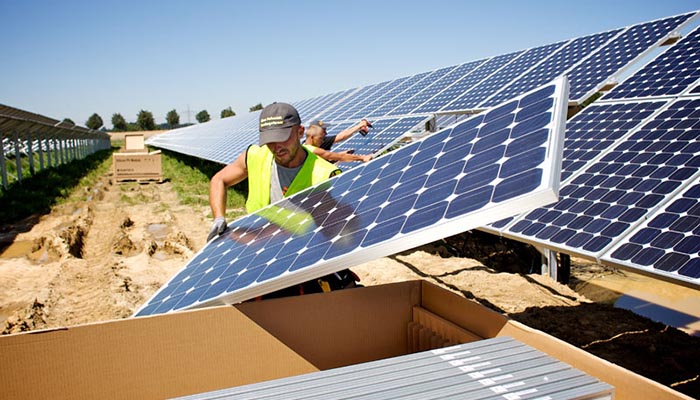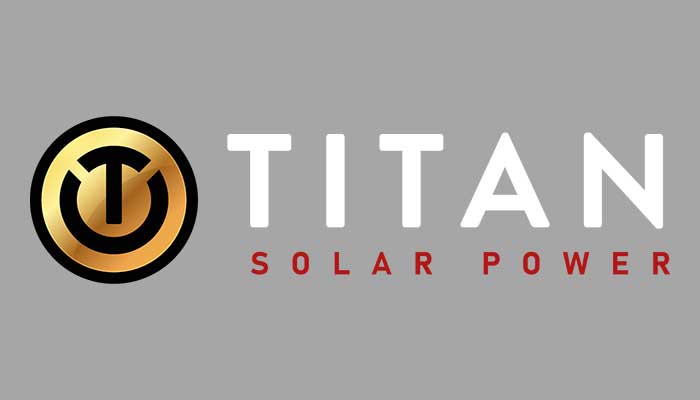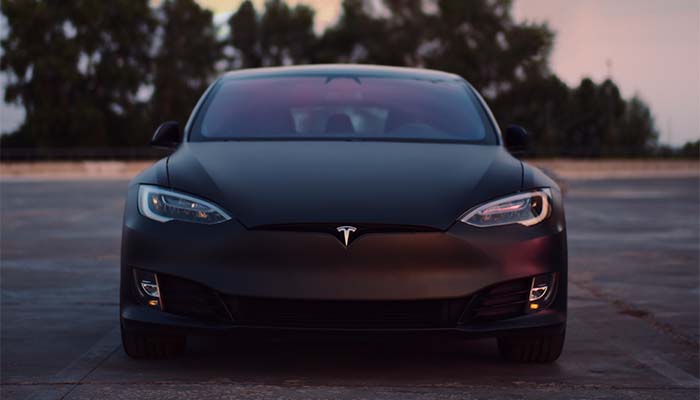
Updated January 6, 2022
A complete solar panel system for an average 1,500 square foot house in the United States costs about $18,000. This is a daunting upfront price for many homeowners. Fortunately, if you are interested in installing solar panels but don’t have the funds upfront, then there are other options available to you.
Solar leases and purchase power agreements (PPA) are more affordable ways to lighten the financial burden of installing solar panels. A solar lease and a PPA both take away the hassle of owning, installing, and maintaining a solar panel system while still offering the homeowner access to clean and affordable energy.
What is a Solar Lease?
Much like a PPA, a solar lease allows an owner to bypass the upfront costs associated with buying and installing a solar panel system while giving them access to clean energy and affordable energy. In a solar lease, the solar company retains full ownership of the solar panels. In this way, a solar lease is similar to a car lease.
With a solar lease, a homeowner pays a fixed monthly fee for the duration of the leasing term. A typical leasing term lasts between 20 to 25 years and costs an average of $50 to $250 per month depending on the energy output of the system. The homeowner retains complete freedom in deciding how they buy or sell electricity through net metering.
Advantages of Solar Leases
- Bypass upfront costs associated with purchasing and installation
- Less hassle than ownership as the solar company is responsible for maintenance
- Lower energy costs than traditional electricity sources
- Predictable monthly fees
Disadvantages of Solar Leases
- Cost savings is lower than outright ownership
- Monthly fees
- If you sell your home before the lease expires, then the future owner will have to take over the lease
- Not available for tax credits and incentives
What is a PPA?
Similarly, a PPA offers homeowners access to affordable and clean energy without the financial burden of purchasing and installing a solar panel system. In a PPA, the homeowner does not own nor lease the solar equipment.
Instead, the homeowner offers up roof space to a PPA company and then purchases electricity back for a set price. In this scenario, a homeowner only pays for the electricity that they use which means electricity bills are typically higher in the summer and lower in the winter. A typical set price is $0.15 per kWh.
Advantages of a PPA
- Bypass upfront costs associated with purchasing and installation
- Installation, maintenance, monitoring, and insurance is covered by the PPA company
- Lowers energy costs than traditional electricity sources
- Only pay for the amount of electricity used
Disadvantages of a PPA
- Cost savings is lower than outright ownership
- If you sell your home before the PPA expires, then the future owner will have to take over the PPA
- Fluctuating monthly bills depending on usage
- Not available for tax credits and incentives
Should I get a Solar Lease or a PPA?
Whether you choose to move forward with a solar lease or a PPA comes down to personal preference. A study in the Massachusetts solar market found that costs between the two are comparable. A 7 kilowatt (kW) solar panel system that covers 100% of a home’s energy consumption over the course of a year showed similar results between a PPA and a solar lease.
The study used a rate of $0.15 per kWh for the PPA and a flat monthly rate of $96.60 per month. For the solar lease, the annual bill totaled $1,152. For the PPA, the annual bill totaled $1,070. The highest monthly payment for the PPA was $163.65 whereas the lowest monthly payment was $47.70.
If you stick with a strict budget, then a solar lease may be a better option thanks to its predictable monthly bill. On the other hand, a PPA offers more control over your bill through the amount of energy that you use on an hourly basis.
It’s best to do your due diligence and talk to the many different solar leasing agencies and PPA companies in your area to figure out what works best for you.
Conclusion
A solar lease or PPA is an agreement where a homeowner has solar panels installed without the hassle of owning the system. It’s best suited for homeowners who are unable or hesitant of paying the large costs associated with purchasing, installing, and maintaining a solar panel system. Both are great options for homeowners to access the clean energy and affordability that solar panels offer.



